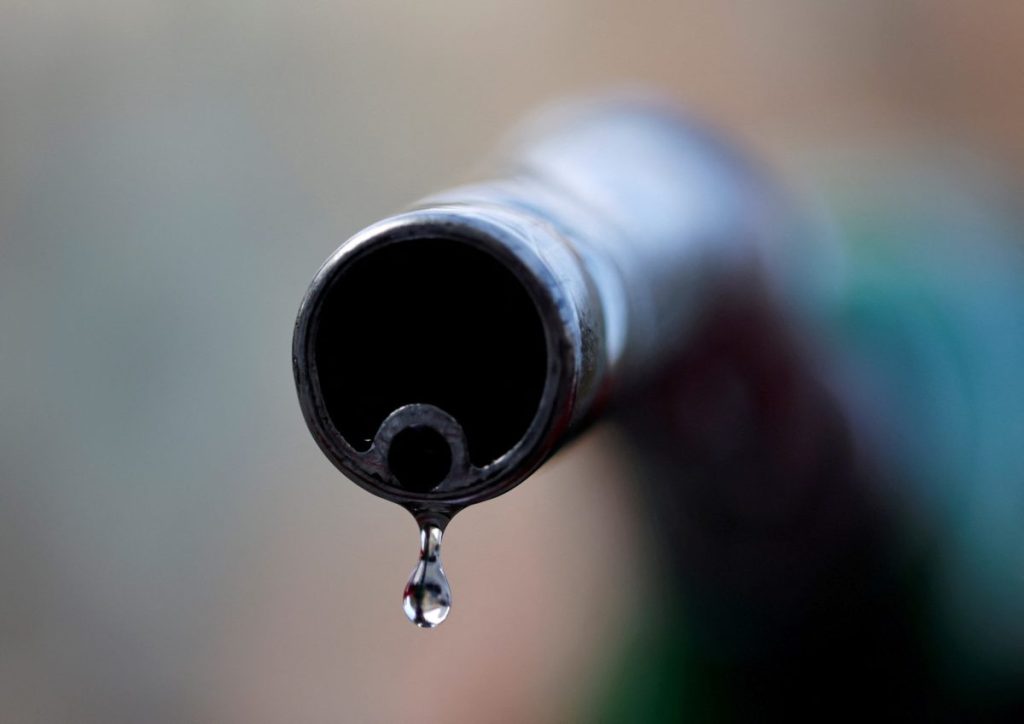
Mkpoikana Udoma
Port Harcourt — Amid ongoing conversations about the adequacy of Nigeria’s new N70,000 minimum wage, the latest diesel price data from the National Bureau of Statistics, NBS, has painted a troubling picture for low-income earners, revealing that a month’s wage is barely enough to purchase 38 litres of diesel.
According to the NBS, Automotive Gas Oil (Diesel) Price Watch for June 2025, the average retail price of diesel nationwide stood at N1,813.81 per litre. This marks a 23.98% year-on-year increase from N1,462.98 recorded in June 2024, and a 3.16% rise month-on-month from May 2025’s average of N1,758.26 per litre.
A simple calculation shows that at the current national average price, N70,000 can only afford approximately 38.6 litres of diesel, a stark reality for civil servants, micro-businesses, and artisans who rely on diesel generators for power due to poor grid supply.
Regional disparities in diesel pricing further compound the challenge.
The South-South region, despite being home to Nigeria’s oil wealth, recorded the highest average diesel price in June 2025 at N1,963.86 per litre. This means that minimum wage earners in the region can only purchase about 35.6 litres of diesel.
In contrast, the South-West zone recorded the lowest average at N1,618.74, where workers can get up to 43.2 litres, still insufficient by any practical standard.
State-by-state analysis shows Benue State topping the price chart with N2,541.46 per litre, followed by Adamawa (N2,355.32) and Plateau (N2,236.42).
The lowest diesel prices were found in Ondo (N1,365.71), Anambra (N1,391.02), and Kogi (N1,400.00).
Economic analysts warn that soaring diesel prices could undermine the inflation-targeting efforts of the Federal Government, while further eroding the disposable income of already struggling Nigerians.
“Diesel is the fuel of Nigeria’s informal and SME sectors. If they can’t afford to power their businesses, we’ll see more job losses and rising poverty levels, minimum wage or not.” said Modular Refinery advocate, Dr Fyneface Dumnamene
Meanwhile, calls are mounting for targeted subsidies or tax relief for small businesses reliant on diesel, especially in regions with high prices.
Stakeholders argue that energy affordability must be central to broader wage reform and economic growth plans.
As diesel prices continue to rise and inflation bites harder, Nigeria’s minimum wage, once considered a lifeline, may barely keep workers afloat, especially when the lights go out.
This article was originally posted at sweetcrudereports.com
Be the first to comment